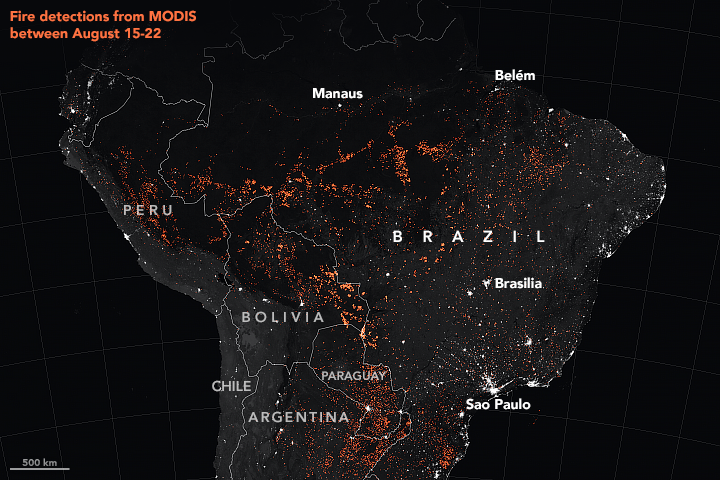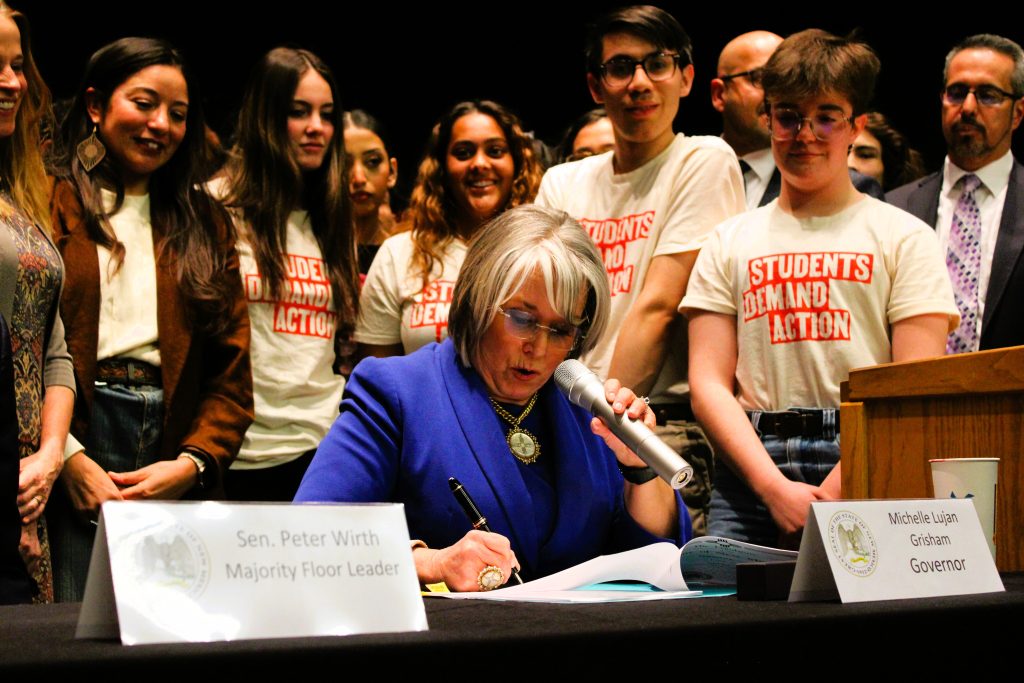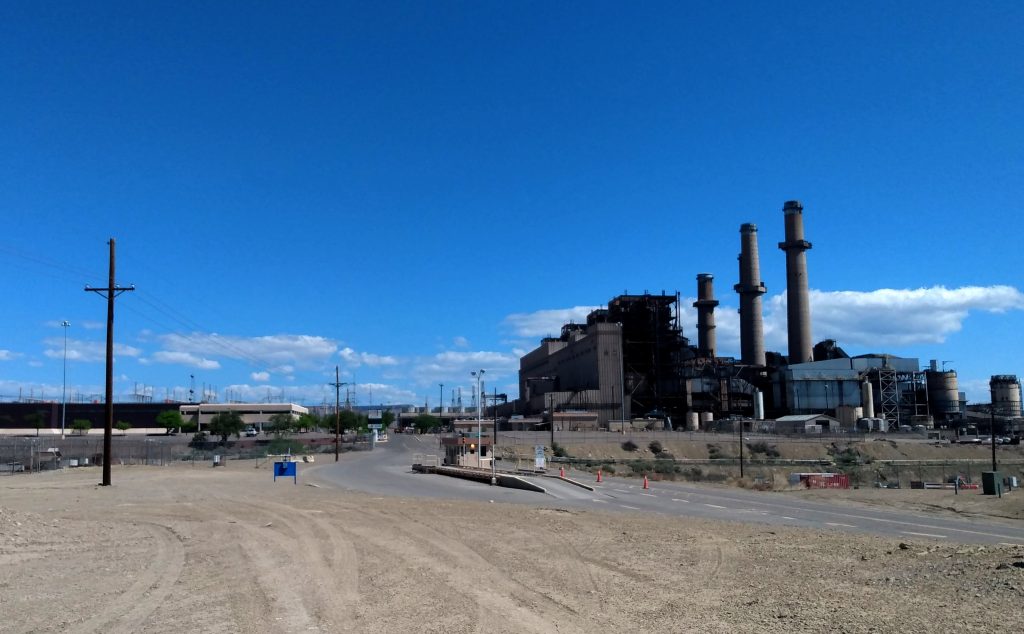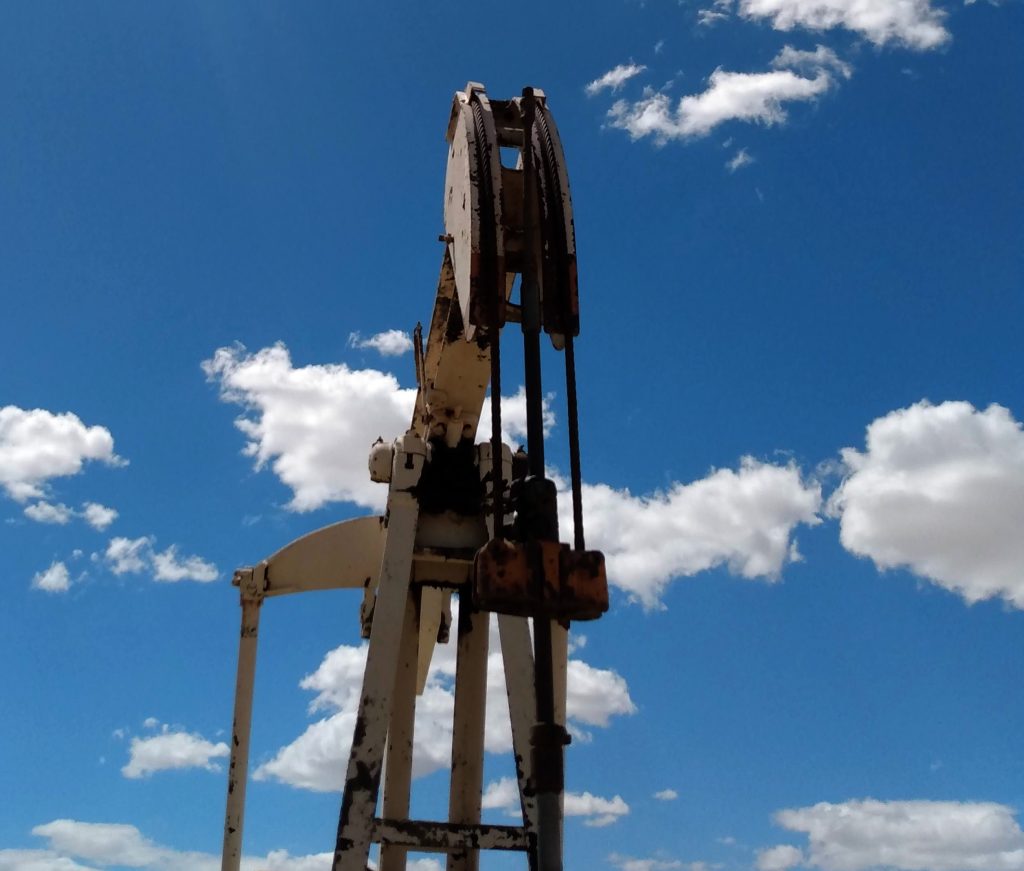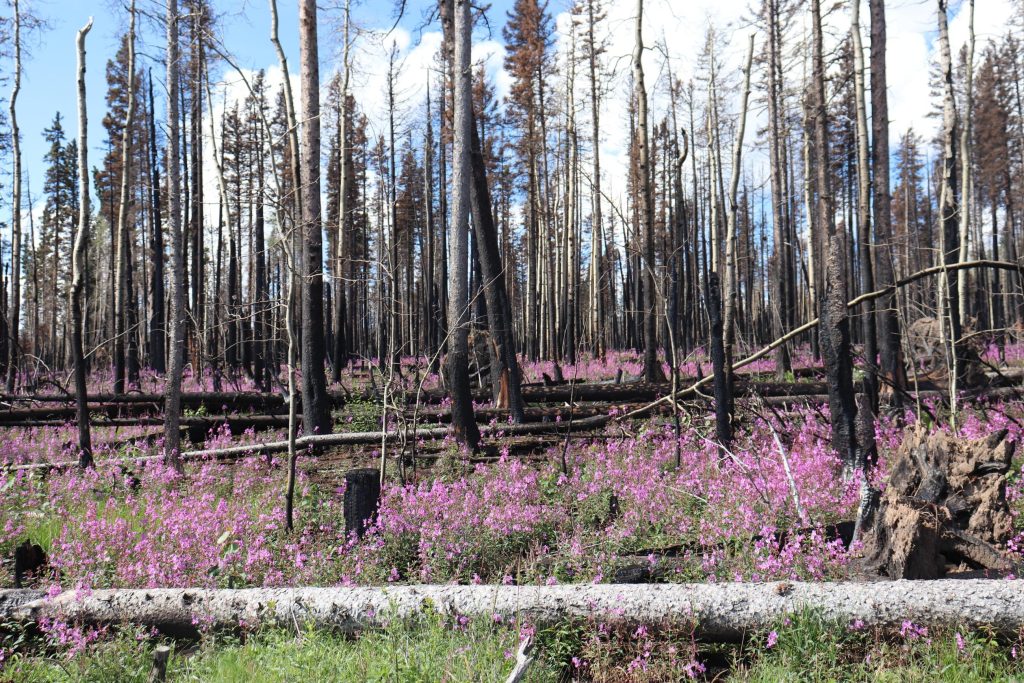ProPublica is a Pulitzer Prize-winning investigative newsroom. Sign up for The Big Story newsletter to receive stories like this one in your inbox.
Next month, California regulators will decide whether to support a plan for tropical forest carbon offsets, a controversial measure that could allow companies like Chevron, which is headquartered there, to write off some of their greenhouse gas emissions by paying people in countries like Brazil to preserve trees. The Amazon rainforest has long been viewed as a natural testing ground for this proposed Tropical Forest Standard, which, if approved, would likely expand to countries throughout the world.
Now that record fires are engulfing the Amazon, started by humans seeking to log, mine and farm on the land, supporters are using the international emergency to double down on their case for offsets. The Environmental Defense Fund posted a petition urging that state officials endorse the standard: “The people — and wildlife — who call the Amazon home are running for their lives,” it said. “The entire world is counting on [the board] taking action.” Ivaneide Bandeira Cardozo, who helped manage a Brazilian offset project that was derailed by illegal logging, said, “People who are against carbon credits are not suffering and don’t want to keep the forest standing.”
But the devastating blaze encapsulates a key weakness of offsets that scientists have been warning about for the past decade: that they are too vulnerable to political whims and disasters like wildfires. As a recent ProPublica investigation noted, if you give corporations a pass to pollute by saying their emissions are being canceled out somewhere else, you need a way to guarantee that continues to be the case.
Because carbon dioxide lingers in the atmosphere for about 100 years, protected forests must remain intact for a century to offset the pollution; this requirement is written into the Tropical Forest Standard. That plan can go up in smoke the moment a country elects a president like Jair Bolsonaro, who took office in Brazil in January and de-funded environmental agencies, cut back on enforcement and encouraged the clearing of the Amazon for beef and soy production. Indigenous communities who live in the Amazon report a surge of intruders mining and logging on their land.
People have always exploited the forest illegally, “but in the last few months, it has increased significantly,” said Camões Boaventura, a federal prosecutor in the Brazilian state of Pará. Meanwhile, he said, environmental officials are struggling to pay for the gas they need to drive around enforcing regulations. Gisele Bleggi, a federal prosecutor in Rondônia, said Bolsonaro didn’t have to change a single environmental law to encourage deforestation. “Once you stop giving money for surveillance … the system it protects will collapse.”
One of the biggest sources of funding for the rainforest, the Amazon Fund, was suspended after Norway and Germany withdrew support worth $72 million. The fund has provided more than $1 billion over the past decade and is contingent on minimizing deforestation, but it doesn’t provide offsets that allow others to pollute. The countries suspended their payments amid a recent spike in deforestation and after Bolsonaro interfered with how the money would be used. In early August, Bolsonaro fired the head of the space agency after it released data showing rising deforestation.
The Amazon fires also showcase a second hurdle in making offsets work: For them to be a valid reflection of how much pollution is being canceled out, the math needs to be accurate. This accounting is especially hard to do after wildfires, because they stifle a forest’s regrowth far more than previously estimated. Scientists are just starting to understand this impact, which is hard to quantify and has led the Amazon’s carbon content to be overestimated, creating the potential to give offsets more credit than they’re worth.
This month, California state Sen. Bob Wieckowski urged the state’s Air Resources Board to reject the Tropical Forest Standard because it “risks producing a landslide of false credits.” His letter referenced ProPublica’s reporting and academic research that cited the challenges of ensuring credits are real. His letter followed an earlier one from California lawmakers who cautiously supported the standard but told the board to exercise “vigorous and proactive monitoring” to ensure offsets are valid.
Jeff Conant, who directs the international forests program at the advocacy group Friends of the Earth, said Brazil absolutely “should receive some money from the global north,” but not as offsets that give companies a “loophole” to continue emitting carbon. Conant said the offsets debate has been “a distraction” from what he considers the real solution: strong regulations and keeping fossil fuels in the ground. “We’ve been saying for over a decade that we need regulation, we need demand-side measures, we need to take responsibility for our own consumption up here in the north,” he said.
Both the Environmental Defense Fund and Conant support a California assembly bill designed to ensure the state government doesn’t buy paper, furniture or other forest products made from deforestation in the tropics. Companies with state contracts would need to certify that their products didn’t destroy sensitive ecosystems like the Amazon.
In Brazil, experts widely credit regulations as the driving force that brought deforestation to a record low in 2012; then, the federal government relaxed its stringent rules and enforcement, and it began to creep up, years before Bolsonaro took office. Brazil is “going backwards in the bigger picture,” said Matthew Hansen, a satellite and mapping expert at the University of Maryland. “I think that’s the bigger story.”
The wildfires have worsened fears that the Amazon is being pushed toward a tipping point where it will turn into a savanna, with devastating consequences for climate change and ecosystems. Luiz Aragão, who heads the remote sensing division at Brazil’s space agency, said 2019 has seen the highest number of fires since 2010, and it’s just the start of the fire season, which ends in November. He said the human-set fires — which were almost all started on agricultural or newly cleared land — will spread into healthy, intact areas of the rainforest, and it will take time to figure out how much of the forest is burned. There are no reports yet that any of the offset projects located in the Amazon are on fire.
Many supporters of offsets, including Cardozo, who runs an indigenous rights organization in Rondônia, also support more traditional conservation aid like the Amazon Fund, but they say offsets are necessary because rich countries aren’t willing to provide enough funding to preserve forests without getting something in return.
As global leaders discussed the Amazon over the weekend at the G7 meeting and pledged $22 million to help fight the fires, prosecutors in Brazil are eyeing measures they can take even in the face of a hostile presidential administration. Boaventura, who works for the Public Ministry, a powerful independent federal agency, said his team is investigating the role that Bolsonaro and national environmental agencies have had on increasing deforestation and fires.
“Once this link is proven, we want to hold the agencies and authorities that justified this destructive action against society accountable,” Boaventura said.
Filed under:

